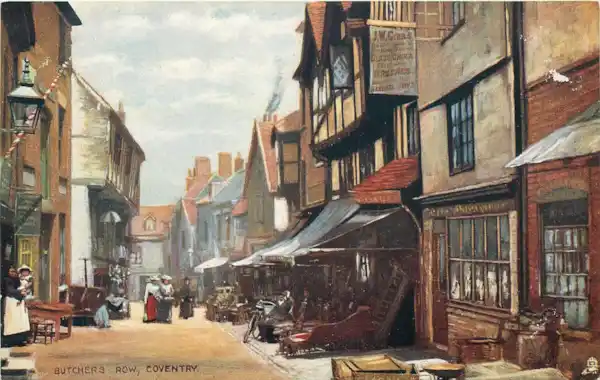Learn how trade directories can help you discover which shops and local businesses your ancestor would have used.
Trade directories explained
Trade directories were the telephone directories of their day, issued from the mid 19th century onwards on an annual (or less regular) basis. They list businesses and their owners within a specific village, town or even county. As time went on, these directories became more comprehensive, with adverts for individual businesses, images and descriptions of various trades.
How would a trade directory help me with family history?
There are three main ways to use a trade directory for a local history project. They can help you:
Explore your local area
Discover what shops once stood on your street, businesses carried out from home and shops in the neighbourhood. Because most directories were published more frequently than the ten-yearly census, you can explore your ancestor’s local area in more detail.
Track changes over the years
Find out how an area changed over the years, what goods and services your ancestor might have used or bought and the businesses that might have employed them. Many directories also include details about local groups, facilities and churches, helping you to build up a picture of the area.
See local trades and industries
Explore the social make-up of an area through the type of businesses, and explore local trades and specialisms.
Where would I find trade directories?
Local libraries, local archives and county archives usually have at least a small collection of trade directories relating to their area, as do local history libraries. You could also try the family history society that covers your area of interest – the Family History Federation has comprehensive listings here.
There are several online sources. University of Leicester special collections has online access here to 689 directories, with at least one covering every region of England and Wales.
For Ireland, try National Library of Ireland whilst the Scottish Post Office directories can be explored at National Library of Scotland’s website.







